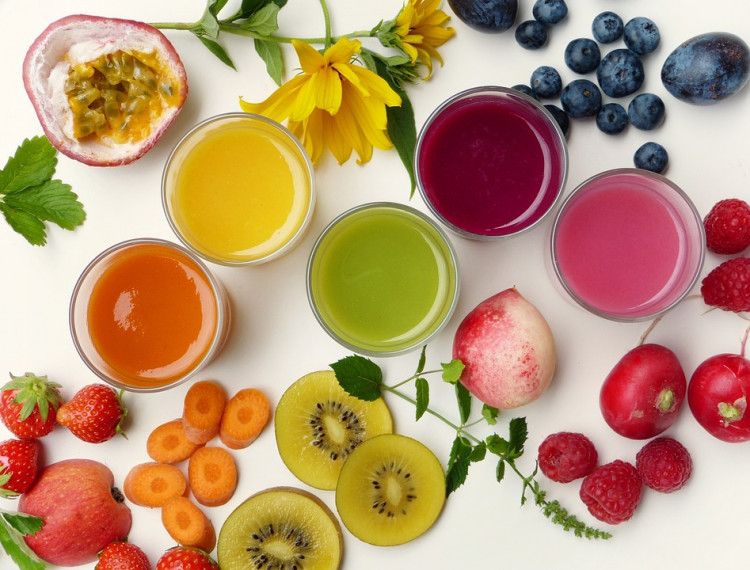Recent investigations by Consumer Reports have revealed alarming levels of pesticides in some fresh, frozen, and canned nonorganic fruits and vegetables imported into the United States, particularly highlighting the significant contamination found in produce like strawberries and green beans. This comprehensive study, which analyzed seven years of data from the U.S. Department of Agriculture, found that 20% of the tested produce posed significant risks due to pesticide contamination.
The report, released Thursday, points out that imported produce, especially from Mexico, frequently showed higher levels of pesticide residues compared to domestic products. For example, 65 of the 100 most contaminated samples were imported, with strawberries and green beans among the most affected. These findings raise significant health concerns, considering the harmful effects associated with long-term exposure to pesticides.
Strawberries, often prone to insect attack due to their growth close to the ground, consistently appear on the list of highly contaminated foods. Consumer Reports and the Environmental Working Group's annual "Dirty Dozen" list both underscore the persistent presence of pesticides in these popular fruits, along with other vegetables like bell peppers and kale.
James Rogers, Director of Food Safety Research and Testing at Consumer Reports, emphasized the disturbing presence of acephate, an organophosphate insecticide banned by the EPA in 2011 for use on green beans, in nearly all the green bean samples tested. This highlights a critical oversight in pesticide regulation and enforcement, posing potential cancer risks to consumers.
The Food Industry Association has responded by highlighting the rigorous review process that pesticides undergo by the U.S. Environmental Protection Agency (EPA) to ensure safety and establish maximum residue limits. However, the report by Consumer Reports suggests that these measures may not be sufficient to protect public health adequately.
Critics of the current standards, like Alexis Temkin from the Environmental Working Group, argue that the EPA's safety levels are outdated and do not adequately reflect contemporary scientific understanding of pesticide toxicity. The Alliance for Food and Farming, representing both organic and conventional farmers, counters by pointing to decades of data affirming the safety of fruits and vegetables, yet the presence of pesticides like organophosphates and carbamates - known for their neurotoxic effects - remains a contentious issue.
The impact of pesticide exposure is particularly concerning for vulnerable groups such as children and pregnant women. Pesticides can act as endocrine disruptors, interfering with hormone functions and potentially leading to developmental and reproductive issues. Consumer Reports advocates for stringent reassessment of pesticide tolerances by the EPA to better protect public health, especially in light of new scientific data and computational methods that can provide a more accurate risk assessment.
Meanwhile, the practical advice for consumers remains cautious. Cleaning fruits and vegetables under running water can help reduce pesticide residues, though it doesn't eliminate them completely. For those looking to avoid pesticides, switching to organic produce is advisable, as it typically contains fewer pesticide residues. Nonetheless, even some organic foods, like imported green beans, have shown contamination, underscoring the complexity of global agricultural practices and the challenges in ensuring food safety.
As this issue continues to garner attention, Consumer Reports plans to further educate consumers on how to mitigate risks through dietary choices, emphasizing the importance of a varied diet to minimize exposure to any single pesticide. This ongoing discussion highlights a critical need for updated regulations and more transparent food labeling to help consumers make informed choices about the foods they eat and the potential risks they entail.






